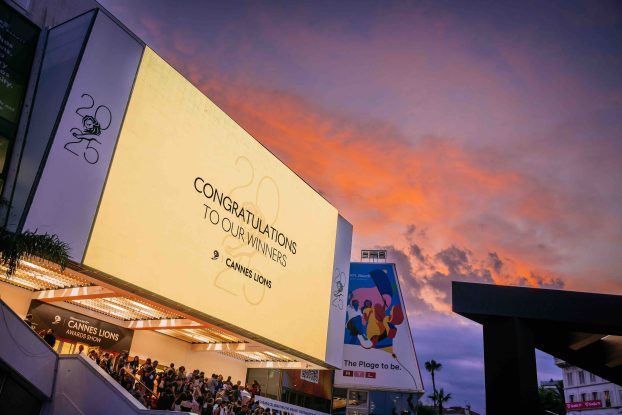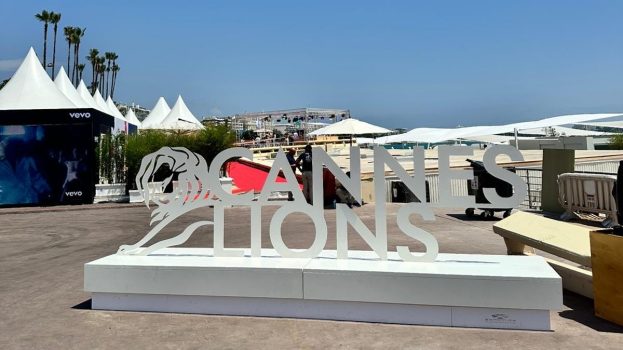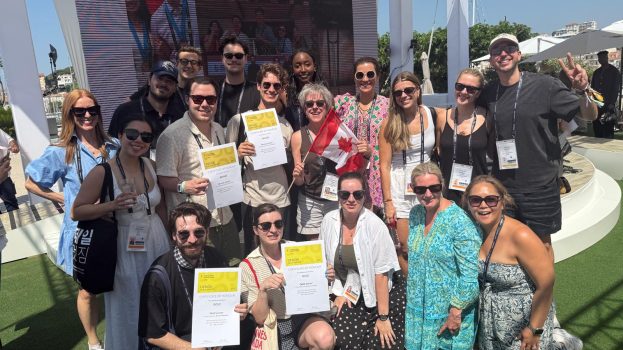Everyone’s heard the clichés before.
‘We’re living today in a world without borders.’ ‘There is no such thing as a Canadian company anymore.’ ‘The whole world is our marketplace now.’
But what, exactly, does all of this mean in terms of concrete, day-to-day reality? What do Canadian firms go through in the effort to market their products and services internationally? How do they build brands on a global basis? What are the challenges – and the rewards?
For this special report, Strategy’s writers profile the global marketing activities of several noteworthy Canadian companies.
When Seagull Pewter began marketing its products in the U.S., it had just one small problem to contend with: At the time, most people had no idea what the hell pewter is.
‘No one had ever used pewter in any other way, except to make Paul Revere bowls,’ says Harry Moore, marketing and merchandise manager with the Pugwash, N.S.-based company.
A family-run operation, Seagull produces an extensive line of fine pewter giftware, including picture frames, candleholders, flatware and ornaments. By 1983, the company was enjoying success here in Canada, and had decided to make a move into the U.S. market.
Undaunted by consumer unfamiliarity with the product category, Seagull began to make its presence felt at major U.S. giftware shows. ‘That’s a significant step,’ Moore says. ‘But there wasn’t a place we showed where people didn’t have a tremendous response to the product line.’
Today, Seagull Pewter does business in Canada, the U.S. and more than 20 other territories around the world, including Australia, the U.K., Scandinavia, France, Germany, Japan, Israel, Italy, Mexico, Chile, Argentina and South Africa.
The company handles all North American distribution in-house, and works with a number of independent distributors to get product into other markets. In the U.S., regional sales representatives are hired to sign up retail customers. (Finding enthusiastic reps has never been a problem, Moore says. Indeed, within five years of its initial push into the U.S., Seagull had 48 states covered.)
With the North American giftware market now growing increasingly crowded and competitive, Seagull Pewter intends to adopt a more aggressive stance in the U.S.
Moore says the plan is to reposition the company as a ‘design-based’ firm, rather than simply a maker of pewter products. It will drop the word ‘Pewter’ from its name, and adopt a new tagline: ‘Design for life.’
‘Good designs always sell,’ he explains. ‘It doesn’t matter if it’s made of pewter, glass, nickel or garbage – if it’s good design, it sells. So we want to build our design story. That’s how we’re branding the company.’
Seagull will continue to advertise on a modest scale in consumer and trade publications, Moore says. It will also expand its participation in trade shows.
The company has long been a fixture at gift and tableware shows in North America and abroad, he notes – and there’s no reason Seagull shouldn’t take part in other types of shows as well. ‘Why wouldn’t we go to the National Stationery Show? We have a lot of office-related products.’
In addition, Seagull is in the process of re-evaluating its pricing. That’s a particularly critical factor in the U.S. market, Moore says, where the company must compete both with offshore importers and larger discount retailers.
Also in this report:
– Tim Hortons issues wakeup call: Builds underdeveloped breakfast category p.25
– Faces adapts to local market: Cosmetics retailer leverages awareness of cultural differences p.25
– Honeydew pegs future on U.S. sales p.26
– Buckley’s takes bad taste message abroad: Cough syrup marketer making steady inroads in U.S. and overseas p.27
– Great Canadian Bagel makes slow but sure gains in Moscow p.27
– Southbrook Farms and Winery proves its worth abroad: Ontario winemaker uses foreign success to boost sales at home p.28
– Clearly Canadian launches in U.S. first p.28



























